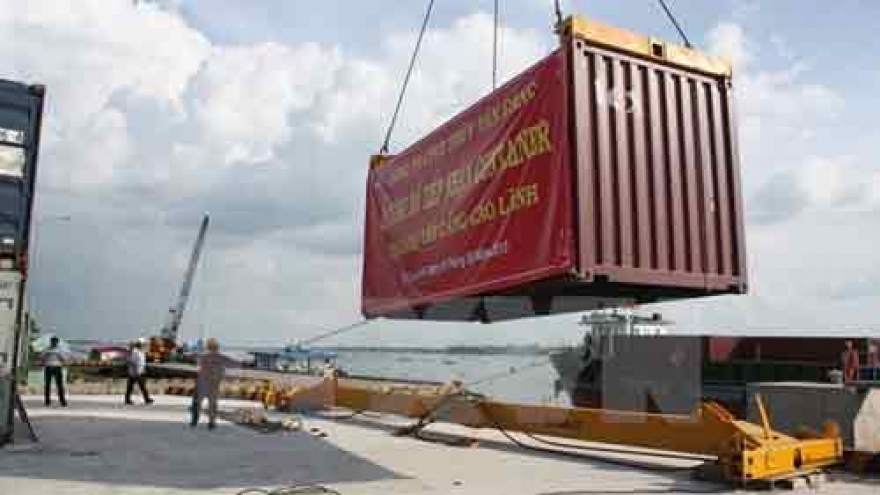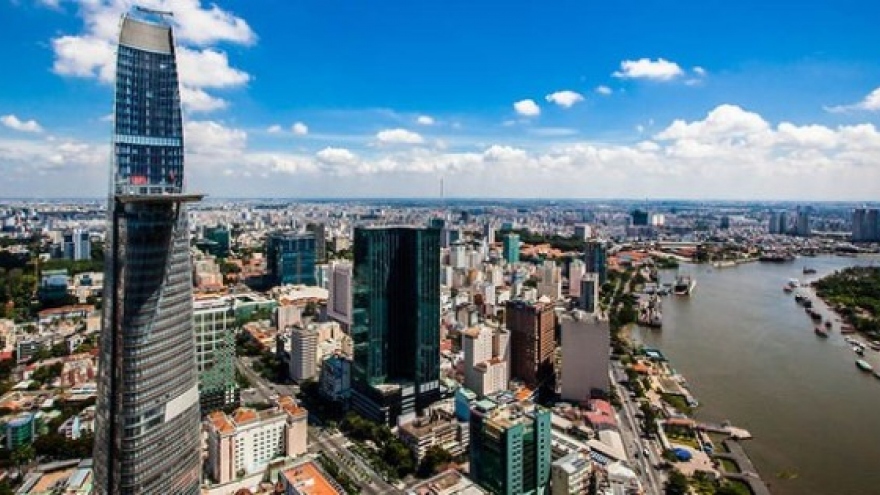Economist says second reform needed
A second economic reform is now imperative in response to the possible influence from the neighboring country and international integration as a whole, said an economist.
 |
President of the Vietnam Institute of Economics Tran Dinh Thien raised this question at the recent Vietnam Economic Forum 2016 themed the challenges of restructuring and its prospects in Hanoi. This was initiated in the context a new restructuring scheme was being discussed at the ongoing plenum and would be put forward at the next sitting of the National Assembly (NA).
Restructuring of the apparatus in charge of restructuring
Thien remarked the process of restructuring was lacking of motivation, confidence and optimism as in the period of Doi Moi. As a result, it is making very slow progress, with limited achievements, far from the objectives and expectations.
Public investment has not essentially changed, with “ask-and-give” as a pillar, while the budget problems have become more serious with government debt on the rise.
Though the banking system has survived the turbulent times, its bad debt remains virtually intact, and even tends to go up. Meanwhile, businesses are generally weak, especially domestic firms, both State-owned and private, with poor strength and competitiveness.
The modest results of restructuring suggest the growth pattern has not really changed, Thien noted. This leads to a series of questions: are there any problems in the method of restructuring in the past five years? Are certain links tenuous or missing, such as “restructuring of the apparatus in charge of restructuring”?
Fret over neighbor’s “hard landing”
It is essential that the problem of restructuring be readdressed since integration will soon move into a qualitatively new stage, Thien said.
In 2015 alone, Vietnam completed negotiations and entered a series of new-generation trade agreements, with many partners as the economic powerhouses, the U.S, Japan, Canada, Australia, 27 EU economies, Russia and the Republic of Korea.
The terms of these agreements set very high qualifications and standards, and require strict enforcement.
“Vietnam must fundamentally change its core to ‘cling’ to such structure of integration, thereby enjoying the benefits of integration and moving forward. That means we must aggressively carry out restructuring, which should be geared towards modern integration, ensuring compliance with integration commitments,” Thien said.
A particularly important factor with a very powerful impact on the thinking and direction of economic restructuring in Vietnam in the coming time is the prospect of the Chinese economy, with a “hard landing” said to be inevitable, he added.
This colossal economy will certainly cause major structural shocks for the world. Meanwhile, Vietnam, as the country located near China and quite heavily dependent on this economy, is experiencing a very tough time.
The problem for Vietnam, Thien said, is how to minimize the “shocking” impact from the “landing” of China and to quickly get rid of her structural dependence on this economy.



